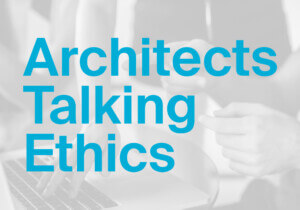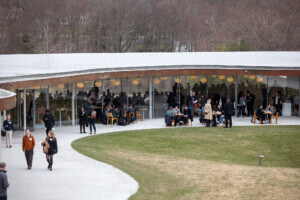For the duration of the coronavirus (COVID-19) crisis, AN will use this column to keep our readers up to date on how the pandemic is affecting architecture and related industries. This weekly article is meant to digest the latest major developments in the crisis and synthesize broader patterns and what they could mean for architecture in the United States. The previous edition of the column can be found here.
Goodbye, July—here comes the last month of summer.
This week didn’t bring a lot of coronavirus-related news for The Architect’s Newspaper, which may be a good thing given what the pandemic has meant for the industry.
AN did publish two think pieces related to the virus, however. Architectural historian Mario Carpo continued his dialog with technologist Phil Bernstein in the Post-Pandemic Potentials series, in which Carpo asserts that “A design studio is not a kindergarten, nor a scout camp” in a broader argument that praises digital technology for learning. It’s definitely an opinion, and I’d be interested in seeing some students present their thoughts.
WAI Architecture Think Tank, a group founded by Cruz Garcia and Nathalie Frankowski, presented the Loudreaders Trade School, an alternative model of architectural pedagogy, founded in June. The term loudreaders comes from the 19th and 20th century Cuban and Puerto Rican practice of having someone read aloud to tobacco laborers while they worked.
The group positions the free online learning platform as a response to the pandemic’s disruptions. The school’s website says:
The Trade School proposes [to] use the techniques of contemporary architectural production in order to construct other worlds.
Equipped for a world in crisis, worldmakers would be less invested in the apolitical learning of phenomenologies of space and less invested into the passive urban stroll and the contemplative sketch, and instead would learn to engage through flashing screens, and group chats. Instead of visits to historical cities, new forms of intelligence will consist of the hunting and gathering of online paraphernalia. In order to create new worlds, worldmakers would have to navigate the open seas of data and information and be able to perform a “destemming” of ideological content through moving and still images, and critical narratives.
In the think tank’s article on AN, the group’s founders present a reading list along with commentary. It’s enough to keep you occupied until next week.
Until then, be as well as the times allow!











